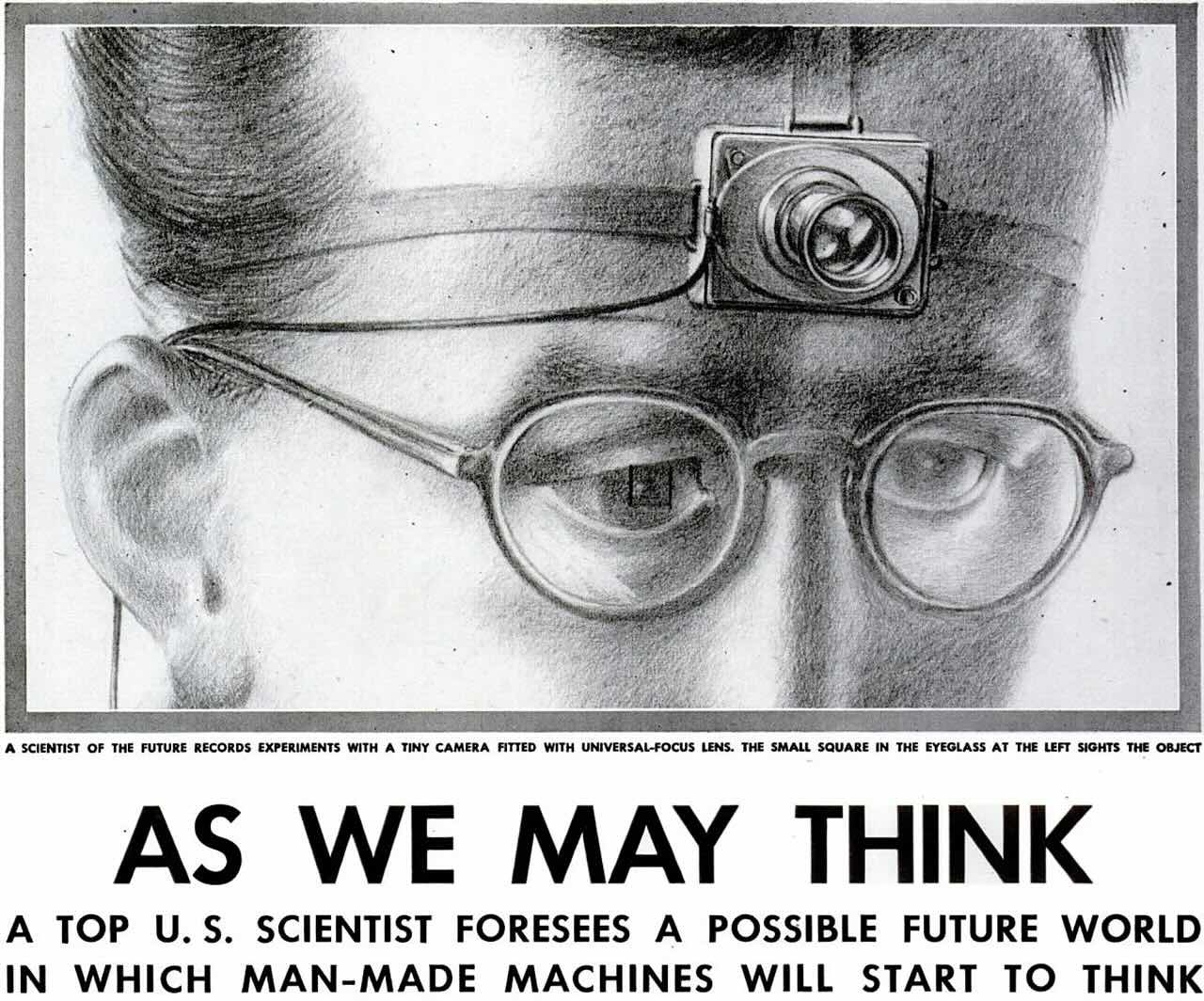Science
Most interesting ideas
- SynBio25 - a series of essays about the next 25 years of synthetic biology.
- The genome instantiates a generative model of the organism
- Boltzmann’s footnote on Entropy
- Food de-nutritioning (see magnesium)
- Materials/terrain science
- Weather modification (Dubai)
- Terraforming (à la the Dutch) - inland filling of the sea
- Desert regreening
- Artificial reefs
- Artificial terrains (maybe generated via Perlin-like noise)
Questions
- Why do birds have a higher glucose threshold and don’t get type 1 diabetes?
- How does the genome recursively unfold and generate the organism?
- The genome decompresses data, which generates the organism, which is further used to decompress the next data and unfold.
- It reminds me of bootstrapping in programming language compilers.
- Automated AI labs but for biology?
- Like science, many inventions were by accident, trial-and-error.
- If I can hack together ML models with automated lab setups (ie. sensors, temperature, humidity all controlled by an ML system) - what’s the organism with the greatest iteration speed for experimentation?
- It seems to be yeast.
- Can you grow a forest using a nuclear reactor?
- Can you engineer a self-assembling dwelling/house? ie. bamboo programmed to take specific shape
- Can you engineer bushfire-resistant trees?
- Using cable bacteria, can we design a plant that grows towards electricity in the same way current designs grow towards water?
- What is in the 99% of oceanic life we have not explored?
- Have we sequenced all the plant genomes yet? Why not?
- How does an organism grow? Genuinely, we don’t understand it that well.
- Why can’t we make trees grow 100x faster?
- Why can’t you grow a plant using electricity? Why does it have to use the sun?
- electroactive bacteria
- answer to levinthal’s paradox
- growing plants using photons is like putting a solar panel on an iPhone. It’s really ridiculous if you think about it. Think about electric cars for an example.
- Why can’t you grow a plant using electricity? Why does it have to use the sun?
- How can we genetically engineer new types of food?
- Brocolini was only invented in 1990.
- How can measure the body in realtime?
- Rather than blood tests every 6mo, why not realtime disposable sensors that last 1 day?
- Closely related: are we living in the dark ages of biology? Is Bryan Johnson’s Don’t Die revealing things we don’t even consider to be bad because we don’t measure them? (like sleep, temperature)
- How does the brain execute so efficiently with so little energy?
- Does the brain implement differentiation? How does a child calculate the tradjectory of a ball being thrown at us, momentum, etc? Is it interpolated?
- How do we learn so well from so little data?
- How does the subconscious work? What is it?
- Why do we dream?
- Q: maybe it’s like TikTok monolith. Dreaming is training the dense parameters, living is online training the sparse ones.
- What is coded in our genes? What is learnt?
- H: the human genome is spaghetti code. But how could we reverse engineer it?
- Why do we keep inventing new JavaScript frameworks?
- What is consciousness?
- What are animals thinking?
- When can we learn animal language using LLM’s?
- What is octopus consciousness like?
- How did ants develop to have a hierarchical social structure?
- Ants have 250K neurons. When can we simulate them? When can we understand this?
- Why does camel’s milk improve type 1 diabetes?
- Funny story, but this is barely known in the literature. I actually took an Uber in Brisbane, telling my driver (who was from Ethiopia) about my diabetes. He said, “in eeEthiopia, we don’t have diabetes, we drink camel milk”. I thought he was talking crap, until I googled it and it turns out it’s this weird miracle substance that I’d never heard mentioned.
- How come we perceive a forwards arrow of time?
- Boltzmann wrote re: thermodynamic entropy: “For the universe, the two directions of time are indistinguishable, just as in space there is no up or down”
- How come quantum mechanics is so different to classical mechanics?
- the analogue-digital analogy:
- computers
- hardware - continuous voltages, parallel.
- digital - discrete bits, sequential.
- physics
- quantum - continuous probabilities, seemingly all interconnected (entangled / no strong lineation)
- classical - discrete object boundaries, rigid body mechanics
- computers
- the analogue-digital analogy:
- Where do the fundamental constants come from?
- Can we describe evolution as an ML process?
- Do heart transplants transfer people’s memories?
More fringe questions:
- US Congress has now confirmed that there are UAP’s. What are they, how are they built, who operates them, and what is their purpose?
- Was there actually a Great Flood?
- How did they build the pyramids?
- What’s inside the digits of pi?
- intelligence = prediction = compression (hutter)
- you can convert any ML model (like an LLM) which outputs probabilities to a compression algorithm by using arithmetic coding
- arithmetic coding converts data to a single float. it turns out, base-10 is a special case of arithmetic coding for uniform probabilities
1/10. - is pi just the output of an arithmetic coding, for which we lack the ML model?
Physics
Biology.
- Biophotons
- Biological fuel cells
- Blood-Glucose-Powered Metabolic Fuel Cell for Self-Sufficient Bioelectronics
- Synthetic gene networks
- Programmable biocomputers
- The Genomic Code: The genome instantiates a generative model of the organism
- Cable bacteria
- Yeast.
- Fastest growing organism.
- Model bacterium, used in bread, wine, and beer. What a fantastic invention.
- Rare genomes evolved across generations - Kveik
- Blue rose
- Materials.
- 3D printed moulds for bacteria to grow into.
- 3D printing where the filament IS bacteria
- Food design.
- Brocolini was only invented in the 1990’s.
- Granny Smith apples were invented by accident in the 1940’s, in Sydney!
- Cells Can Be Powered by a Variety of Free Energy Sources
- Novel color
Nature
- Owl feathers create these localised air pockets which make them so silent when they fly
- Mantis shrimp has this appendage which can impale at 100km/h, comparable to a .22 caliber bullet
History.
- 1960’s: Norman Borlaug creating high-yield wheat crops
Papers
- Can a Biologist Fix a Radio?. On the epistemology of medicine vs. engineering.
- Lectures on Gas Theory




